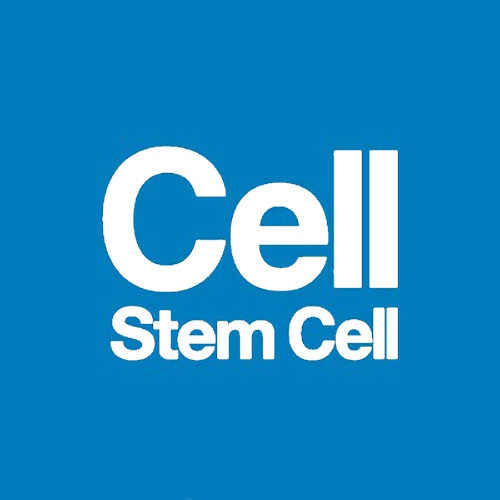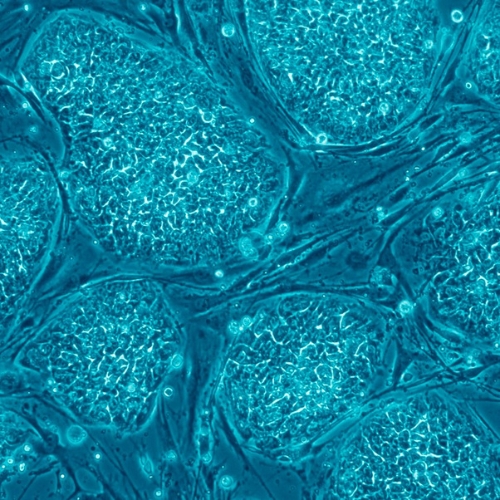Key points from article :
Scientists identified a method to keep cultured hematopoietic stem cells healthy.
In the foreign environment of the culture dish, stem cells produce excess proteins, causing extreme stress.
Stress activates a highly conserved stress reduction pathway regulated by heat shock factor 1 (HSF1).
Researchers identified two different small molecules that super-activate the HSF1 gene.
By adding these to the culture, the enhanced activity of the heat shock pathway helped rebalance the homeostasis.
“Now, we can preserve high-quality stem cells in culture over a prolonged period of time,” - Robert Signer, senior author.
Recovery of protein homeostasis was shown in mouse and human hematopoietic stem cells.
The heat shock pathway also keeps stem cells healthy in their native bone marrow during aging.
“Super-activating HSF1 might eventually be used to improve stem cell and tissue function in aging to prevent blood disorders and boost immunity in older adults,” - Signer.
Study by UCSD published in Cell Stem Cell.





